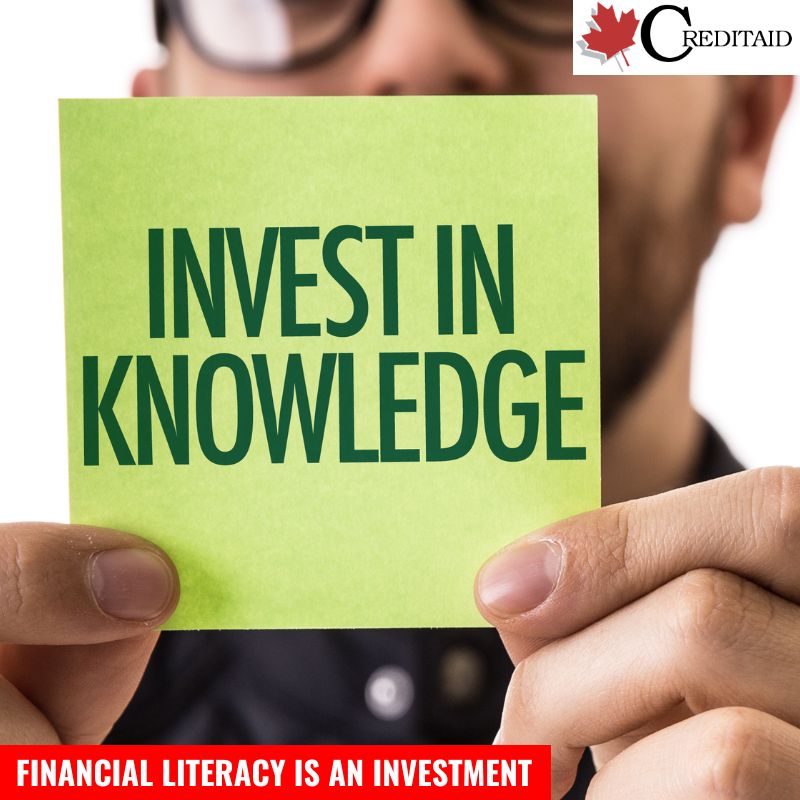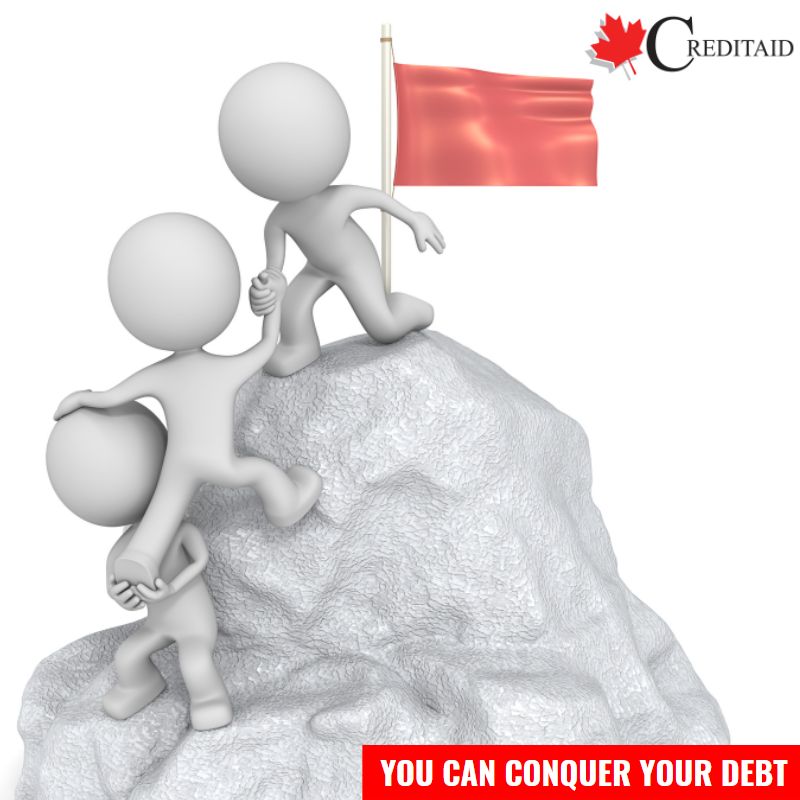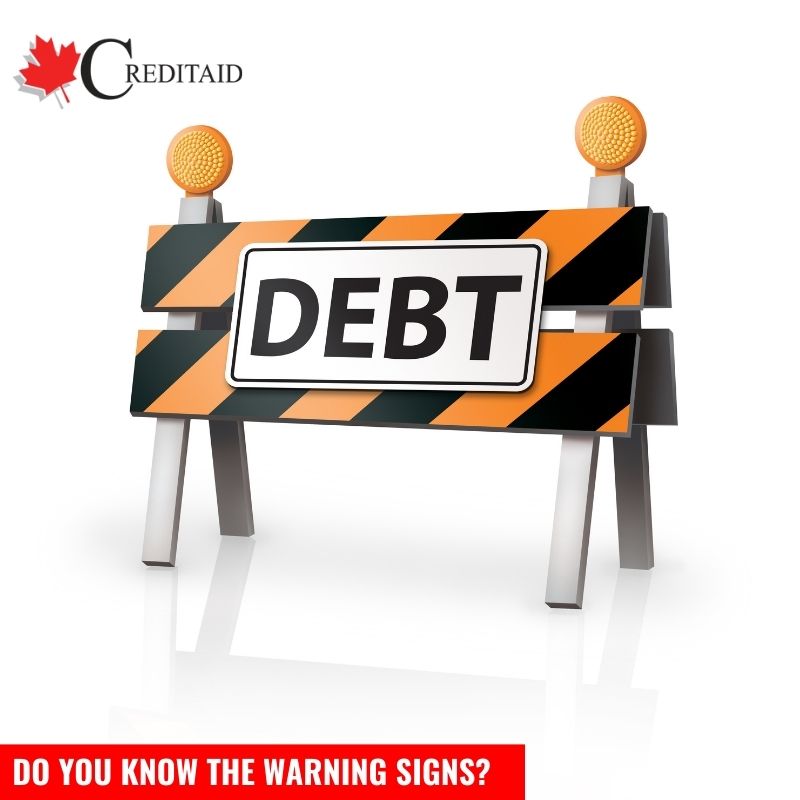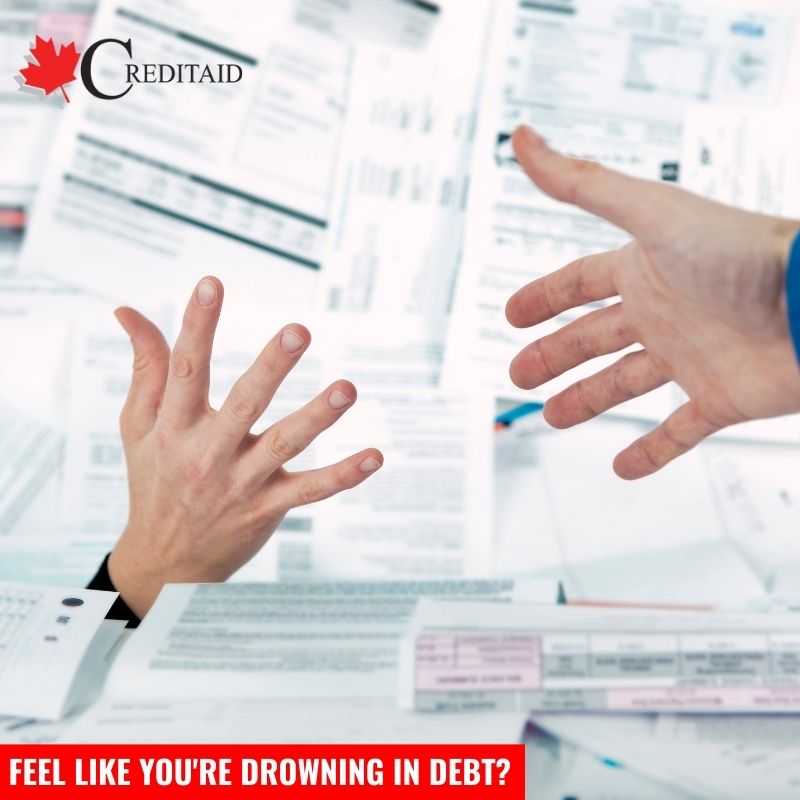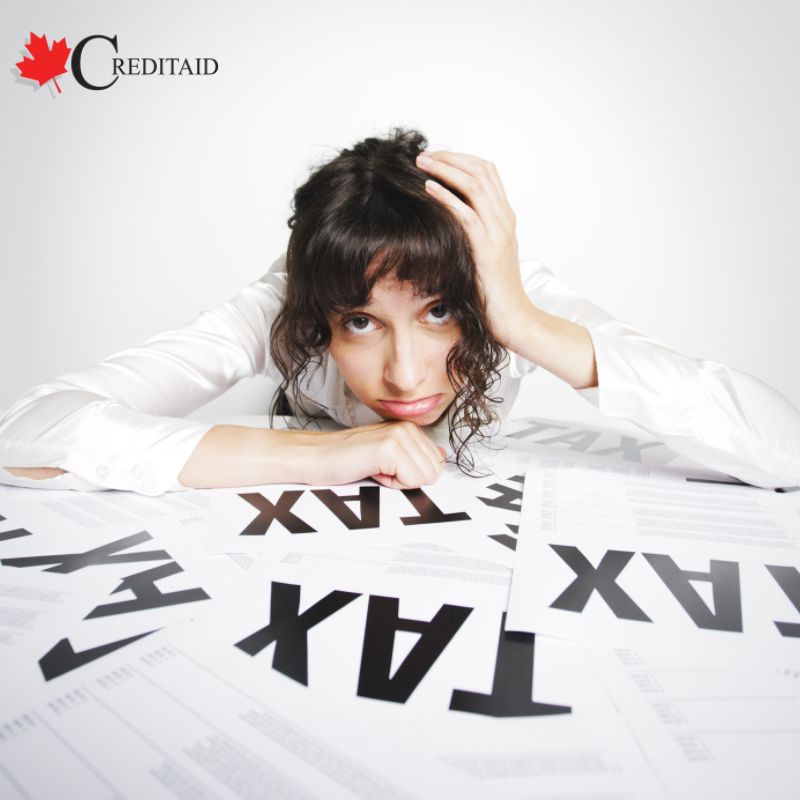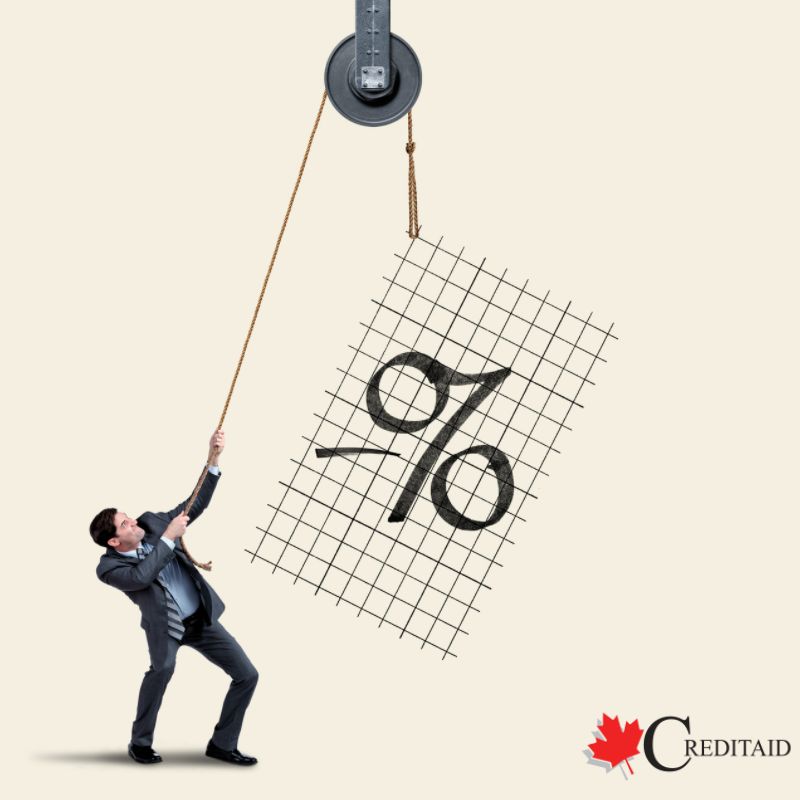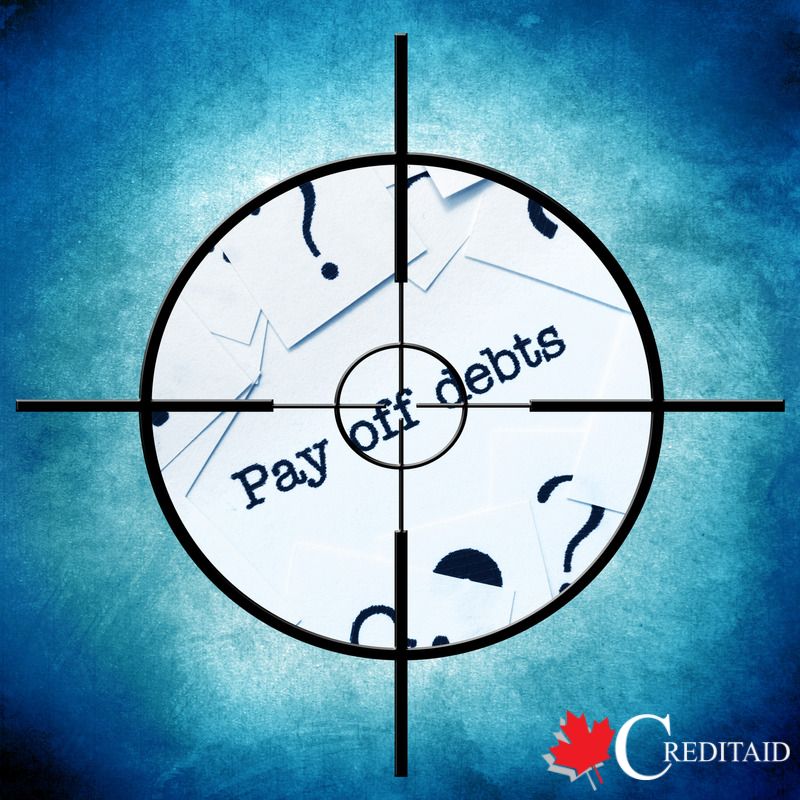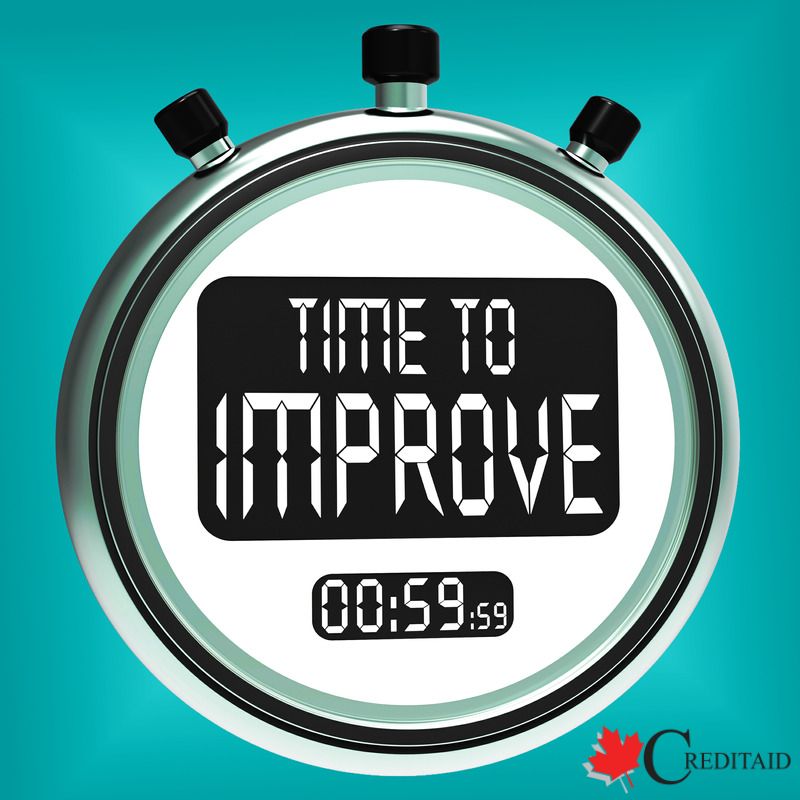If you received CERB during the pandemic, your tax liability may increase because you didn’t pay taxes at the time you received it – no one did.
Like any income, CERB is taxable, but there’s good news.
There aren’t special tax rates you must pay on any CERB you received. The tax rates are the same rates you pay on your employment income. This makes filing your taxes much less overwhelming than most people thought, but it’s still money you will owe.
How Much Tax will you Owe?
No two people will owe the same amount of taxes. Your tax rate depends on your total income and this year your total income includes all employment income plus any CERB you received. You can check your tax brackets here.
How do you Pay your CERB Tax Debt?
Like any tax debt, to figure out how much you owe, you must first file your taxes. It’s always important to file your taxes on time even if you think you can’t afford the tax debt. Get your taxes in and then take additional steps to manage the debt.
If you can’t pay your tax debt on time, contact the CRA. In most cases, they’ll offer a repayment plan or payment arrangement, but only if you ask. You must be proactive in your request, so you don’t fall behind.
Options if you can’t Pay your CERB Tax Debt
If you can’t pay your CERB tax debt, here are your options:
Apply for Taxpayer Relief
Taxpayer relief is available for those who have extenuating circumstances including unemployment, chronic illness, or a natural disaster. It has to be something outside of your control that stops you from paying the taxes.
File a Consumer Proposal
If you are in over your head in debt, you may consider a consumer proposal. This is a formal request for relief of your debts including your CERB tax debt. A proposal doesn’t eliminate the debt, but it may lower the amount you owe making it easier to afford.
Work with a Credit Counselor
If you’re in over your head in debt and now face tax debt too, get with a credit counsellor. If you free up some of your money by negotiating lower rates or consolidating debt, you may have more money available to pay your tax debt.
The key is not to ignore your debt. If you can’t pay it, work with professionals to find a way to make arrangements. Ignoring the debt only leads to more penalties and interest.
Final Thoughts
Don’t let the thought of tax debt put you over the edge. Yes, it’s another debt and if you’re already struggling it can feel like too much, but there are ways around it.
Contact our credit counselors today for your free consultation to find out how we can help make your tax debt more affordable. Sometimes it just means you need to free up some money by lowering your interest rates on other debts or negotiating other payment arrangements.


